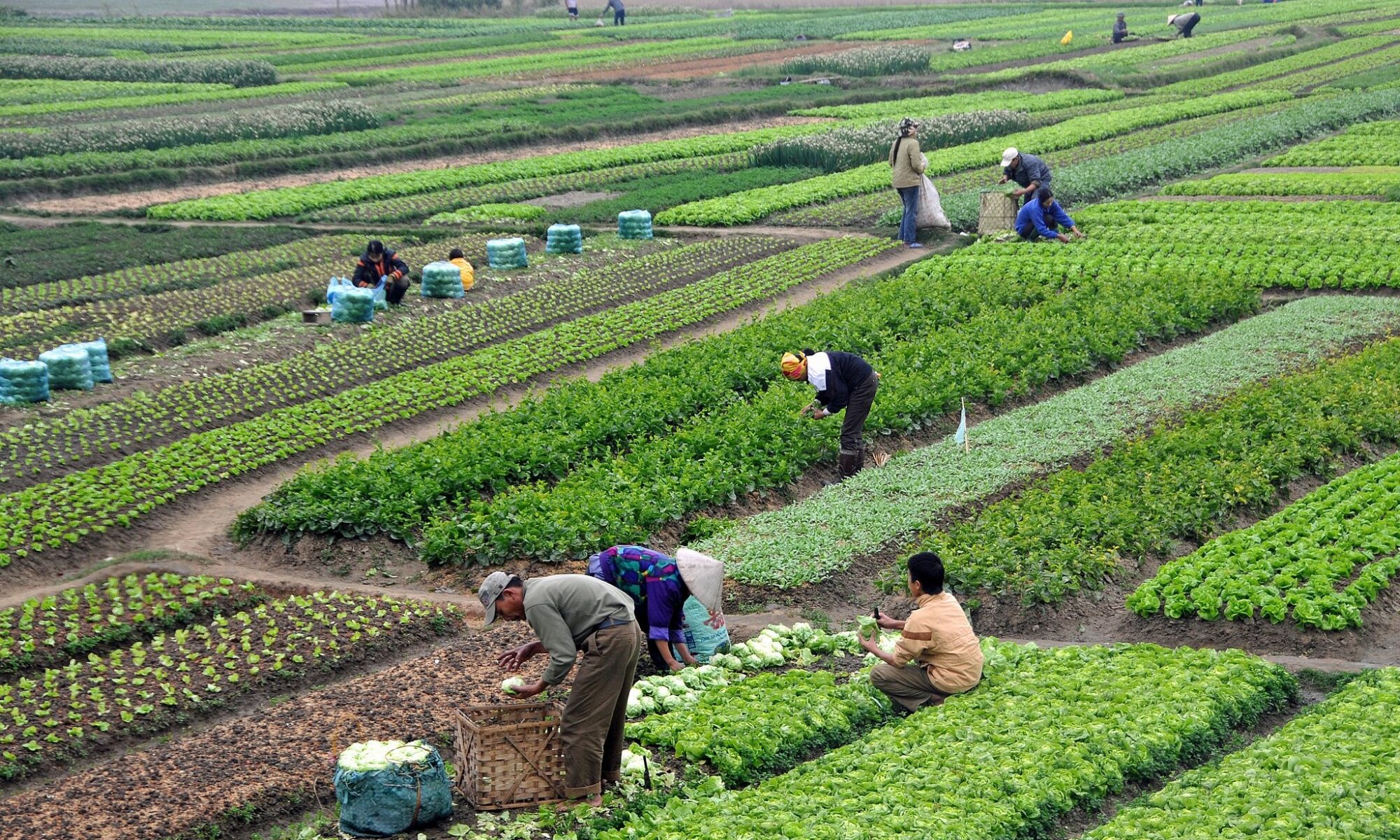By Stephen Brown / New Rhythms of Development blog series
Sexual and gender minorities are under attack in several African countries. For instance, over the past couple of years, extreme anti-LGBTQ+ legislation has been introduced in Ghana and Uganda, where homosexuality was already illegal. Kenya and Tanzania could well be next. International actors are struggling with how to respond to the various bills, whose draconian new penalties include life imprisonment and even capital punishment.
Continue reading “International Development Cooperation and LGBTQ+ Rights in Africa”




